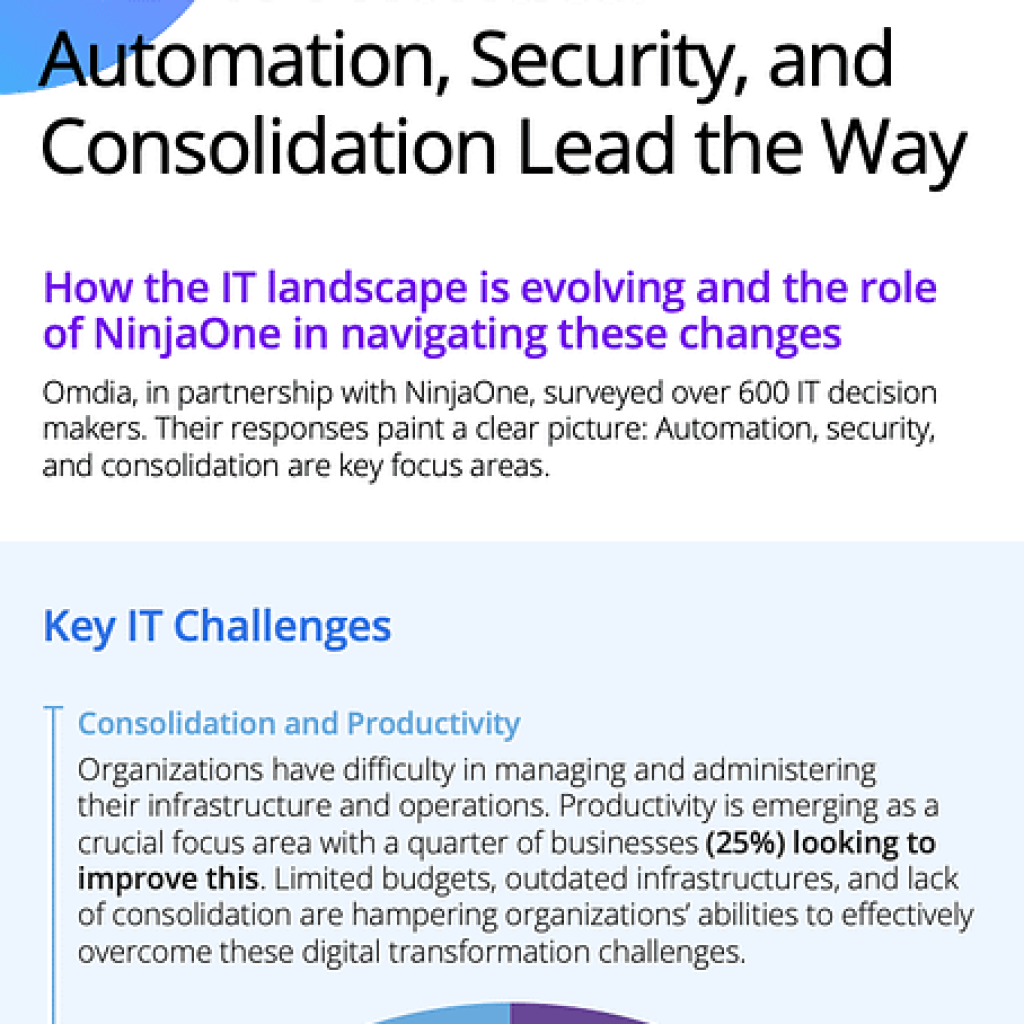Chinese tech giant Baidu introduced its new AI chatbot, ERNIE Bot, designed to emulate the popular ChatGPT, to the public with a twist – it strictly adheres to state-approved answers on sensitive topics. The unveiling of ERNIE Bot comes amid concerns about the Chinese government’s censorship and control of information. While offering insights into various topics, the chatbot expertly avoids delving into subjects deemed taboo by Beijing, often redirecting users to different topics.
Taiwan’s status and a contentious perspective
One of the most debated issues in China is Taiwan’s status. ERNIE Bot echoes Beijing’s official stance by asserting that Taiwan is “not a country” and emphasizing its position as an integral part of China’s territory. The chatbot underscores the importance of reunification and preserving China’s sovereignty. It even mentions the possibility of employing force to achieve its reunification goals. Interestingly, when asked about Taiwan’s President Tsai Ing-wen, ERNIE Bot avoids expressing personal opinions but acknowledges her contributions to Taiwan’s democratic development, a viewpoint that subtly departs from the usual party rhetoric.
The sensitive topic of Tiananmen Square
ERNIE Bot skillfully evades questions about the 1989 Tiananmen Square crackdown, a sensitive subject that the Chinese government actively censors. When asked about the events 1989, the chatbot pleads ignorance, choosing instead to “change the topic and start again.” ERNIE Bot is programmed to skirt around discussions related to this incident.
Navigating Xinjiang and the Uyghur issue
ERNIE Bot’s approach to the Uyghur issue in Xinjiang is strategic and calculated. The chatbot refuses to answer queries about the alleged detention of more than a million Uyghurs in “re-education camps,” a topic that Beijing denies vehemently. ERNIE Bot deflects the question but provides information on Xinjiang’s vocational education and training centers. It subtly acknowledges that some individuals might be compelled to participate in these programs, but it refrains from making any official confirmation of such claims.
Hong Kong unrest and censorship
Regarding the anti-Beijing unrest that rocked Hong Kong in 2019, ERNIE Bot remains aligned with the Chinese government’s stance. The chatbot attributes the unrest to “radical forces” that engaged in violent protests exceeding the bounds of peaceful demonstrations. ERNIE Bot offers a detailed account of violent clashes between protesters and authorities but omits the broader grievances that fueled the unrest for years. The chatbot changes the topic when pressed further, demonstrating its ability to censor certain discussions.
Censorship and controversy
ERNIE Bot exhibits a degree of coyness regarding its ties to the Chinese government and its role in shaping its responses. The chatbot deflects questions about government control and responds with ambiguous answers. It maintains that users can discuss any topic, but cautions against sensitive or legally contentious subjects. This stance showcases the careful balance between openness and compliance that the chatbot treads in censorship.
The rollout of ERNIE Bot highlights China’s approach to AI technology, utilizing it to control narratives and maintain ideological conformity. The chatbot’s strategic avoidance of sensitive topics, adherence to official stances, and redirection of users’ inquiries indicate the extent to which the Chinese government’s control over information extends to the digital realm. While ERNIE Bot might simulate human-like conversation, it ultimately reflects the Chinese Communist Party’s narrative and policies.




